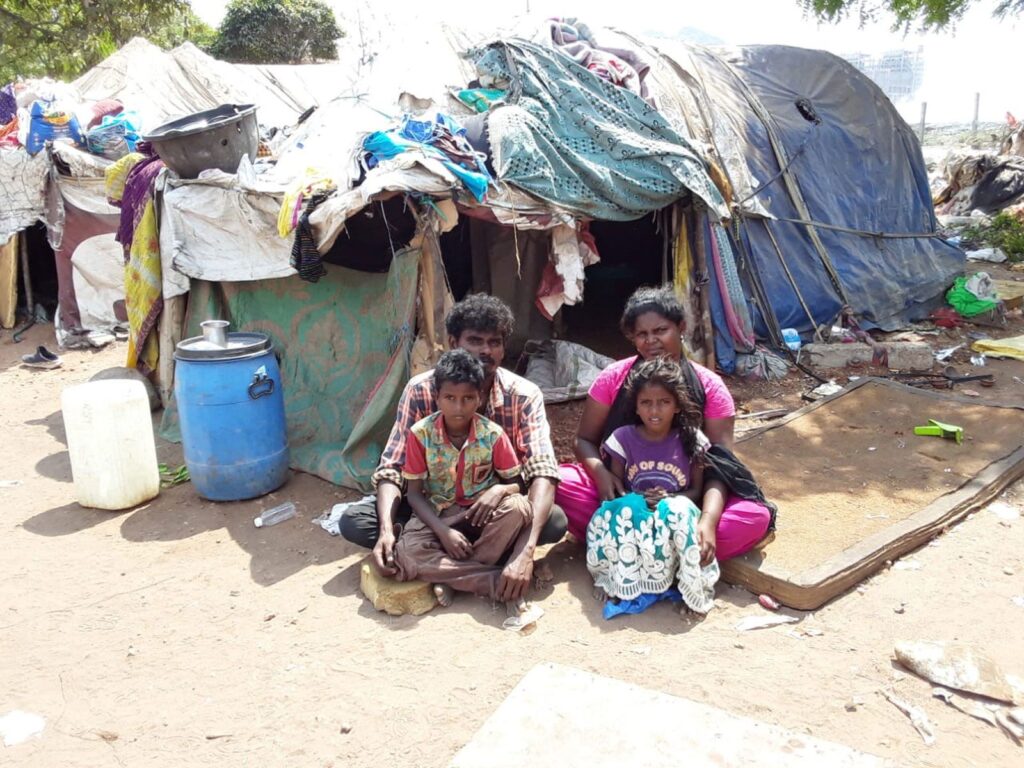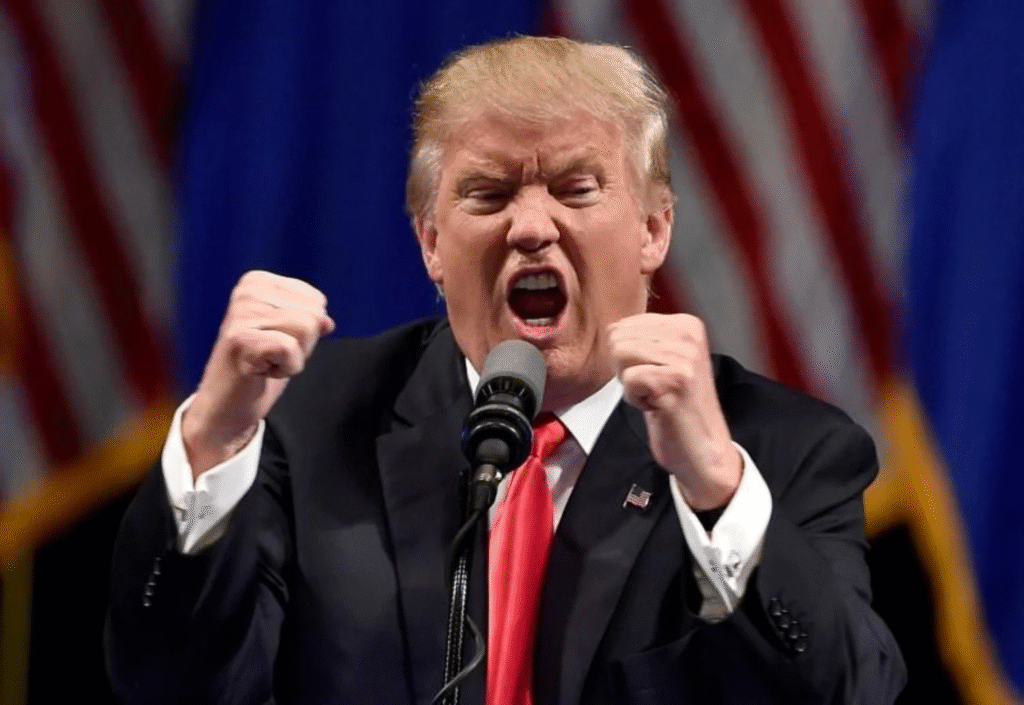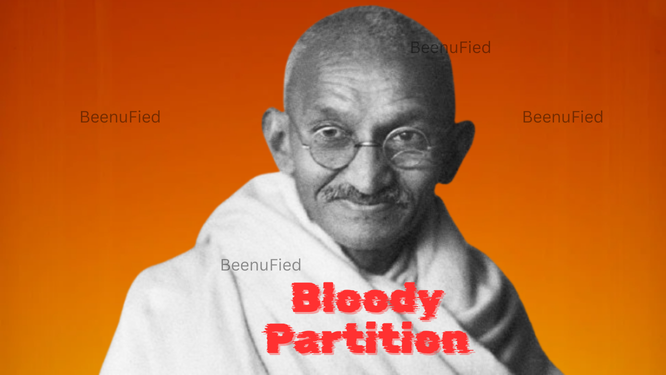
Reservation? Imagine you are extremely thirsty on a scorching hot day, and there is a well right in front of you. You drink water to quench your thirst, but then you are beaten for doing so. Or imagine you and your friend are preparing for an exam together. You worked day and night, while your friend put in very little effort. You scored 100 marks, your friend scored 50, and yet your friend got selected while you did not.
When you think about these situations, only one word comes to mind – injustice. This is the same feeling behind the ongoing debate about reservation. Who is right and who is wrong? Can we ever rise above herd mentality, above caste-based thinking, and use our own wisdom to make fair decisions? If not, then maybe we are still at a lower stage of evolution.
So, without any bias, let’s understand how the reservation system started and whether it is still necessary today.
Origin of Reservation
The story goes back to 1932, when India was still under British rule. The freedom movement was at its peak, and the British were using their most effective strategy – Divide and Rule. To break India’s unity, the then British Prime Minister, Ramsay Macdonald, introduced the famous Communal Award.
What was this award? Under the Communal Award, every caste and religion in India would have a separate electorate, which meant that each community could only elect representatives from its own caste or religion. This was a matter of great concern because all freedom fighters knew this would destroy India’s unity and weaken the struggle for independence.
To prevent this, Mahatma Gandhi and Dr. B. R. Ambedkar(on behalf of the Depressed Classes), signed an agreement in September 1932 called the Poona Pact. According to this pact, the system of separate electorates was removed, and instead, reservation for the Depressed Classes was introduced. This pact was accepted as an amendment to the Communal Award.
Need for Reservation
And that is how the reservation system began in India. But the question is – was it necessary? The answer is yes, absolutely necessary. When we talk about equality, it doesn’t just mean removing restrictions or providing equal resources. It also means giving special support to those who were historically left behind, so they can come up to the same level as others.
We may never truly understand this from someone else’s perspective because most of us cannot feel injustice unless we experience it ourselves. In the past, lower castes were not allowed to study, to live freely, to wear new clothes, to worship, or even celebrate festivals. They faced countless restrictions. Thanks to the reservation system, their situation has changed significantly. Yes, there is still more progress needed, but they are in a much better position now.
The new Casteism
However, has casteism really ended? Not completely. A new trend has started – earlier Dalits were discriminated against, and now Brahmins and Kshatriyas often feel targeted. The form has changed, but the problem remains. We need to end casteism, not reverse it. As long as any group feels oppressed, our country will not progress to its full potential.
Measures, we can take
If one section of society has accepted another with an open mind, then the other side also needs to do the same. Reservation was the need of that time, but today’s needs are different. Today, reservation should be based on financial condition, not just on caste. It should be given to those at the lowest economic level, according to need and past records. Others should not get reservation but should be provided with resources and opportunities, so that talent and capability are not compromised.
Apart from this, laws already exist to protect dignity, prevent untouchability, and safeguard Scheduled Castes, Scheduled Tribes, and people in Scheduled Areas. The government can amend these laws if needed.
Conclusion
We must rise above caste-based thinking and start thinking about the nation as a whole. Otherwise, neither we nor the coming generations will see real development or unity. If we don’t change, we will continue to be exploited – sometimes by politicians, sometimes by other countries, and sometimes by a particular community.
READ MORE:- The Real Culprit Behind British Conquest of India.


Pingback: The Real Culprit Behind the British Conquest of India
Pingback: The Double Standards: Impact of Tariffs - BeenuFied